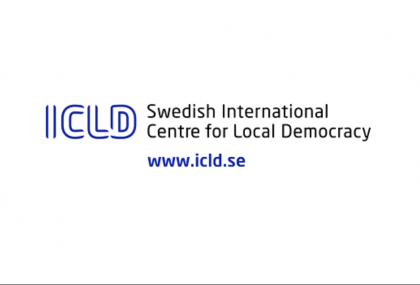An unseen army of ecological heroes
Think about it: everyday millions of waste pickers collect household waste in cities around the globe. In so doing, they recycle and manage waste in ways that make it less noxious to all of us. And while they may do this simply to earn a living, they can – when they unite in grassroots networks – ultimately contribute to cleaner cities, reduced reliance on harmful incineration practices, and innovative waste management. This, in turn, enhances the fight against climate change. Presto! Local action with global impacts!
This win-win scenario is not fantasy. On the contrary, research conducted by a team led by Maria Jose Zapata at the University of Gothenburg, and recently disseminated in an ICLD policy brief, clearly shows that waste-picker organisations in Argentina, Nicaragua, Kenya, and Tanzania are innovators within waste-management, contributing creative solutions and developing circular economies that ultimately benefit all residents of the city and, not least, our home planet.
Waste picker organisations galvanise slum communities
Another waste picker at last month’s meeting said
“we are human rights defenders, but we have been taken for granted for a long time”.
“Waste and human rights – what’s the link?” you would be forgiven for asking.
And yet…. for urban communities who live amongst the gigantic dumpsites surrounding many cities, the waste-governance-rights links are very clear (as they are, by the way in the UN’s sustainable development goals, or SDGs). As one participant in last month’s meeting put it, “policies around waste management and waste collection have been designed without consultation”. In other words, good governance and human rights demand that the communities living amongst the waste – and who are every day recycling it through their hard work – have a voice in decisions involving waste management in their own backyards.
Support for waste-picker organisations can make the difference
At ICLD, we believe that the waste picker organisations, with support from the Jaramogi Oginga Odinga University (Kenya) and the University of Gothenburg (Sweden), in collaboration with the Centre for Environmental Justice and UN Habitat, are already well on the way to gaining that voice.

